Timex 25 Tablet – (25mg)
৳ 81.81৳ 90.00 (-9%)
Medicine Overview of Timex 25mg Tablet
Timex 25 is a tricyclic antidepressant. It is used in adults to treat Obsessive-Compulsive Disorder (OCD). It also treats muscular weakness (cataplexy) associated with repeat attacks of sleepiness (narcolepsy) and can manage depression that is unresponsive to other medicines. Timex 25 works by increasing the levels of chemical messengers in the brain that stabilizes and enhances the mood. It is better to take it before bedtime because it can make you feel sleepy. It can be taken with or without food, but you should take it at a fixed time each day for better efficacy. The dose and duration will be decided by your doctor so that you get the right amount to control your symptoms. If you have missed any dose, take it as soon as you remember. Do not skip any dose and finish the full course of treatment even if you feel better. This medication must not be stopped suddenly without talking to the doctor. Your dose may be modified or gradually decreased before stopping the medication. The most common side effects of this medicine include indigestion, loss of appetite, dryness in the mouth, nausea and constipation. Initially, this medicine may also cause a sudden drop in blood pressure, especially when you change positions. It may even cause dizziness and sleepiness, do not drive or do anything that requires mental focus until you know how this medicine affects you. To lower the chances of dizziness, rise slowly if you have been sitting or lying down. It may also lead to weight gain in some people. Most of the common side effects tend to be mild and temporary. Your doctor may be able to suggest ways of preventing or reducing side effects if they bother you or do not go away. Serious side effects associated with this medicine are rare. Before taking this medicine, it is important to tell your doctor if you are taking or have recently taken any other medicines for the same or any other diseases. Pregnant and breastfeeding women should take this medicine with proper consultation and caution. This medicine is not addictive, but you can experience additional side effects (withdrawal symptoms) if you stop taking it suddenly. If you notice any sudden mood change or get suicidal or self-harm thoughts, you must consult the doctor without delay. Also, remember to take this medicine strictly as advised by the doctor as an overdose of this medication may lead to a serious health emergency.
- Obsessive-compulsive disorder
- Altered libido
- Constipation
- Dryness in mouth
- Ejaculation disorder
- Sleepiness
- Difficulty in urination
-
It may take 4 to 6 weeks for Timex 25 to start working. Keep taking it as prescribed.
-
It may cause sleepiness. Take it at bedtime and do not drive or do anything requiring concentration until you know how it affects you.
-
Avoid consuming alcohol when taking Timex 25 as it may cause excessive sleepiness.
-
Monitor your weight during the treatment as this medicine can cause weight gain and increased appetite.
-
Talk to your doctor if you notice sudden mood changes or develop suicidal thoughts.
Oral Adjunct for cataplexy associated with narcolepsy Adult: Initially, 10 mg daily gradually increased to 10-75 mg daily. Elderly: Dose reduction may be needed. Obsessive compulsive disorder; Panic disorder; Phobias Adult: Initially, 25 mg daily, gradually increased to 100-150 mg daily over 2 wk. Max: 250 mg daily. Elderly: Initially, 10 mg daily. Depression Adult: Initially, 10 mg daily; may increase gradually to 30-150 mg daily if needed. Up to 250 mg daily or more may be required in more severe cases. Elderly: Initially, 10 mg daily; may increase gradually over 10 days to 30-75 mg daily. Max Dosage: 100-150 mg daily.
Obsessive-Compulsive Disorder <10 years: Safety and efficacy not established >10 years: 25 mg PO qDay initially Gradually increase to maximum 3 mg/kg/day or 100 mg/day, whichever is less May further increase to maximum 3 mg/kg/day or 200 mg/day, whichever is less; may give as single dose qHS once tolerated
Cardiovascular insufficiency; narrow-angle glaucoma; urinary retention; history of epilepsy; renal or hepatic dysfunction; electroconvulsive therapy; hypotension; hyperthyroidism or concomitant treatment with thyroid preparations; suicidal tendencies; surgery; pregnancy and lactation; tasks requiring mental alertness; elderly; avoid abrupt withdrawal. Lactation: distributed in breast milk, do not nurse (AAP states effect on nursing infants is unknown but may be of concern)
10% Xerostomia (84%),Headache (50-55%),Constipation (47%),Ejaculation failure (42%),Fatigue (35-40%),Nausea (30-35%),Impotence (20-25%),Weight gain (18%) 1-10% Weight loss (5%),Hepatotoxicity (1-3%) Frequency Not Defined Common, Dizziness, mainia, somnolence, tremor, Dyspepsia, Blurred vision, Urinary retention, Orgasm incapacity, libido change Potentially Fatal: Death, rare (except in patients with preexisting significant heart block and patients on MAOI therapy). Induction of mania in individuals with underlying manic-depressive illness or worsening of psychoses in already psychotic individuals.
Pregnancy Category: C Lactation: distributed in breast milk, do not nurse (AAP states effect on nursing infants is unknown but may be of concern)
Barbiturates increase metabolism of tricyclic antidepressants; conversely cimetidine, guanethidine, haloperidol and phenothiazines block the tricyclic metabolism. CNS effects of alcohol enhanced. Potentially Fatal: If clomipramine is to be substituted for MAOIs, at least 3 wk should elapse after discontinuing MAOIs. Risk of hypertension and arrhythmias if co-administered with adrenaline and noradrenaline.

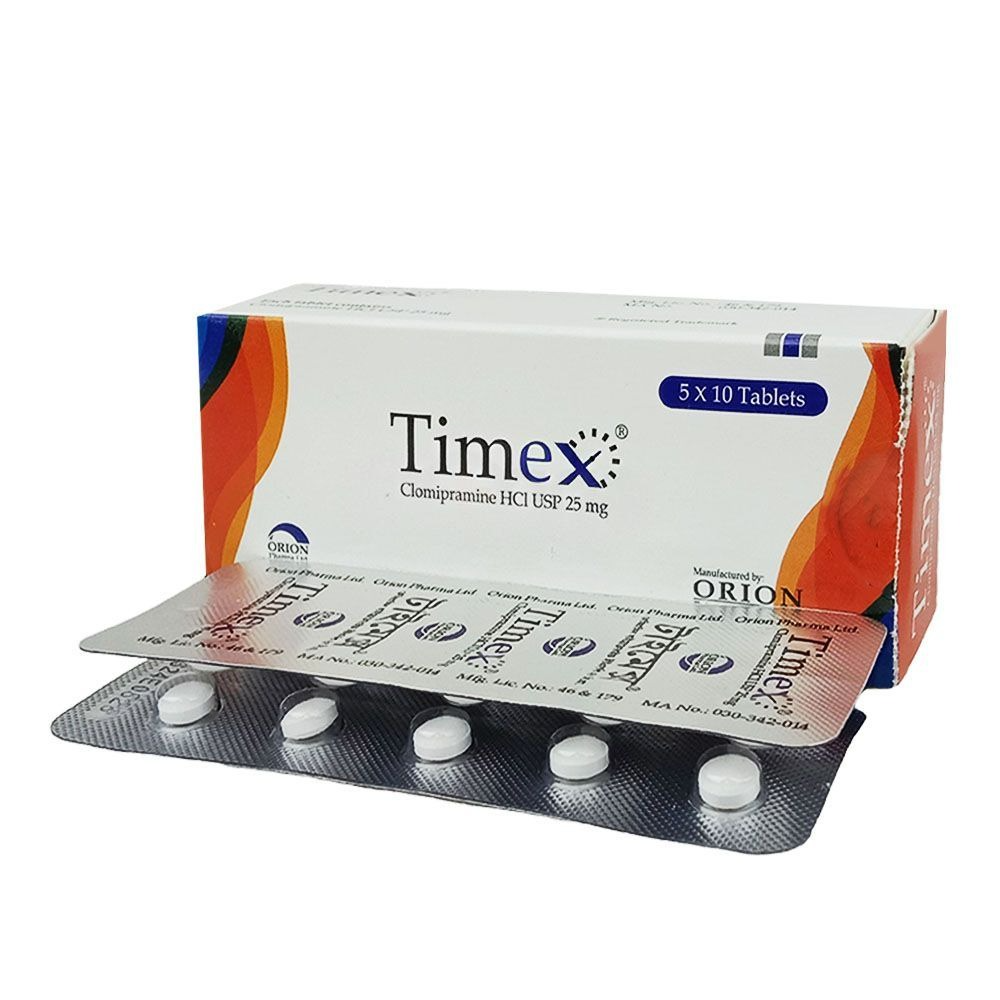
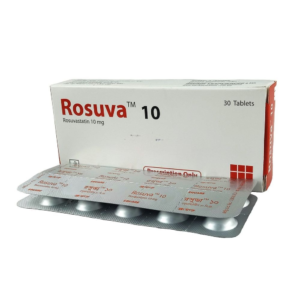
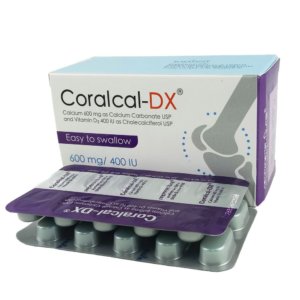



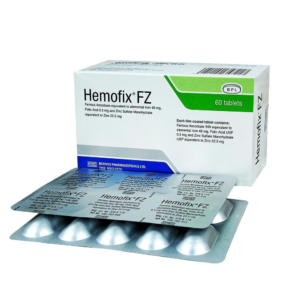

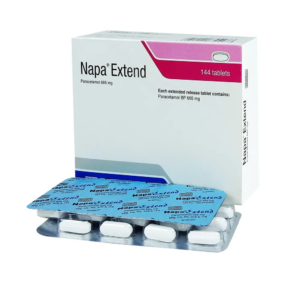



Reviews
There are no reviews yet.